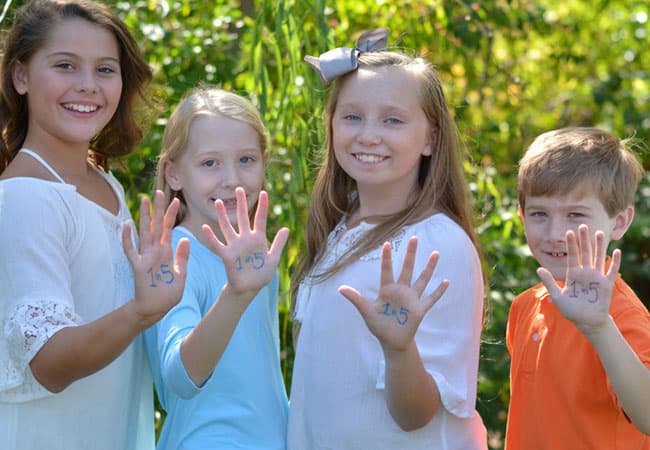22 Dec Diagnosing Dyslexia
Your child is struggling with reading and writing. They are falling behind peers and need intervention in the classroom. Is it dyslexia?
How do I get a dyslexia diagnosis?
Springfield Center for Dyslexia and Learning (SCDL) offers diagnostic testing for dyslexia. A diagnosis of dyslexia begins with gathering information gained from observations, testing and an interview with our clinical psychologist. This information is collected from the child directly, parents/caregivers, educators, the psychologist who administers the testing panel and medical personnel.
The testing panel includes:
- WISC-V, Weschler Intelligence Scale for children (ages 6-16) or WAIS-IV, the Weischler Intelligence Scale for adults (ages 16-90)
- KTEA-3, Kaufman Test for Educational Achievement
- BASC-3, Behavioral Assessment System for Children (ages 2-21)
- GORT-5, Gray Oral Reading Test (ages 6-23)
- BRIEF-2, Behavioral Rating Inventory of Executive Functioning (ages 5-18)

The entire testing process takes, on average, 6 hours, and the family will receive test results within 2-3 weeks following the testing date. Test results include a full report with recommendations to help the child based on their strengths and weaknesses. Once you get the diagnosis your child may be eligible for a 504 plan.
What is a 504 plan?
This type of plan falls under Section 504 of the Rehabilitation Act of 1973. This is part of the federal civil rights law that prohibits discrimination against public school students with disabilities. That includes students with learning and attention issues who meet certain criteria.
Much like an Individualized Education Plan (IEP), a 504 plan can help students with learning and attention issues learn and participate in the general education curriculum. A 504 plan is a medical document that outlines how a child’s specific needs are met with accommodations. These measures “remove barriers” to learning. A student with a 504 plan typically spends the entire school day in a general education classroom.
We are happy to visit with families about their unique situation to determine if a diagnosis is right for their child!

